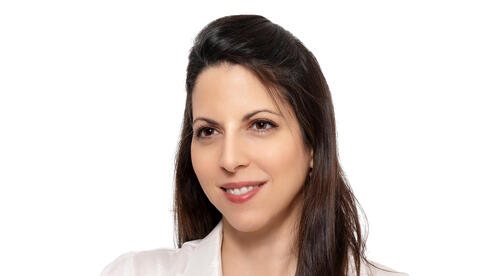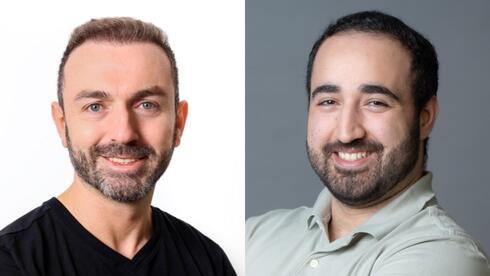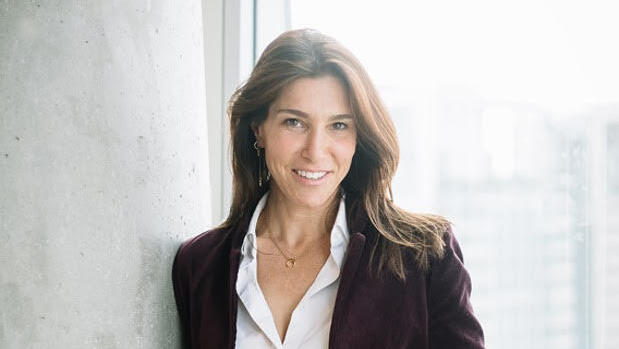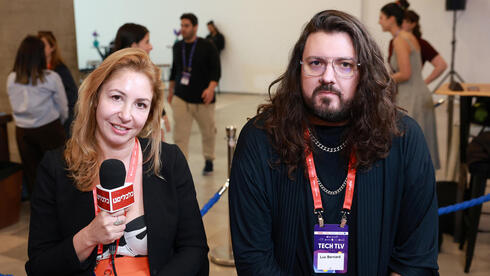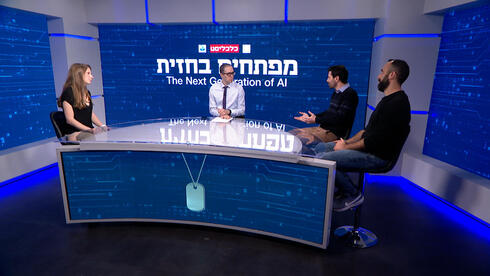
“It’s our job as technologists to improve and make AI better"
"Thanks to AI, it will be easier to find the information that needs to be acted upon," added Itay Dressler, CTO of theGist, speaking on a panel at the "Developers at the Front" conference together with Shir Chorev, CTO at Deepchecks, and Michael Braginsky, co-founder and CTO at Aidoc
AI panel
“One of the things that is going to be disrupted following the introduction of AI is the world of information and this will affect all areas of life,” Itay Dressler, co-founder and Chief Technology Officer at theGist, said during “The Next Generation AI” panel, moderated by Calcalist reporter Omer Kabir at the "Developers at the Front" conference.
"We see the big companies starting to address this. It will be much easier for us to find the information we need to act on. This thing is going to change industries drastically and help workers work much faster and more effectively," he said.
Shir Chorev, CTO at Deepchecks, said that today every company thinks about how they can introduce AI into their operations. "It's becoming an everyday thing, both as people and as developers. Today, a developer, even if they don’t know machine learning, can in a few lines of code use AI behind the scenes, for example in an application, and use it to insert a lot of additional information from the world, recommendations and answers."
Michael Braginsky, co-founder and CTO at Aidoc, also believes that AI will be used in an everyday manner. "We come from the medical field and we see this breaking out everywhere. You are able to generate data for yourself from within the hospital and you can generate amazing insights. Doctors will receive recommendations about what disease the patient has, what drugs should be given to them and the patients will receive a recommendation to do one test and not the other to diagnose diseases early," he said.
One of the biggest problems with the use of AI is that it sometimes provides unreliable or fabricated information. It's a problem which has not yet been completely solved, says Dressler. "Microsoft released Bing's engine in collaboration with OpenAI. Google released Bard only a week and a half ago even though the Google CEO's announcement had a fundamental error in the search. Part of our interaction with ChatGPT provides the company with feedback and they use it to strengthen their models and improve the results but the problem is not yet solved," he said.
Braginsky spoke about helping those who use AI to understand if the information is reliable. "There is another method that aims to produce 'explainability', meaning that the AI will be able to explain how it reached the result. This allows you as a user to understand or decide to what level you believe its answer - do you take it as it is or do you check it. In our field this is very significant. No doctor will go treat his patient because the AI has decided that the patient is deteriorating."
Chorev added that we are far from having artificial intelligence that really thinks and understands like a human being. The models that exist today, she said, are those that try to reach the best mathematical result, but this is not necessarily the most accurate result or representative of reality.
In view of the fact that the results in AI are still not accurate, the question was raised whether the big companies do not want to integrate the technology into the search engines too quickly.
"This is, in my opinion, the billion dollar question of the century, which Google lost the day they launched their product last week," Dressler said. "I think this tool provides a lot of value even if it is not 100% accurate all of the time. I believe the world is a better place because they brought these tools to the market despite these mistakes. It is our job, as technologists, to improve and make it better."




